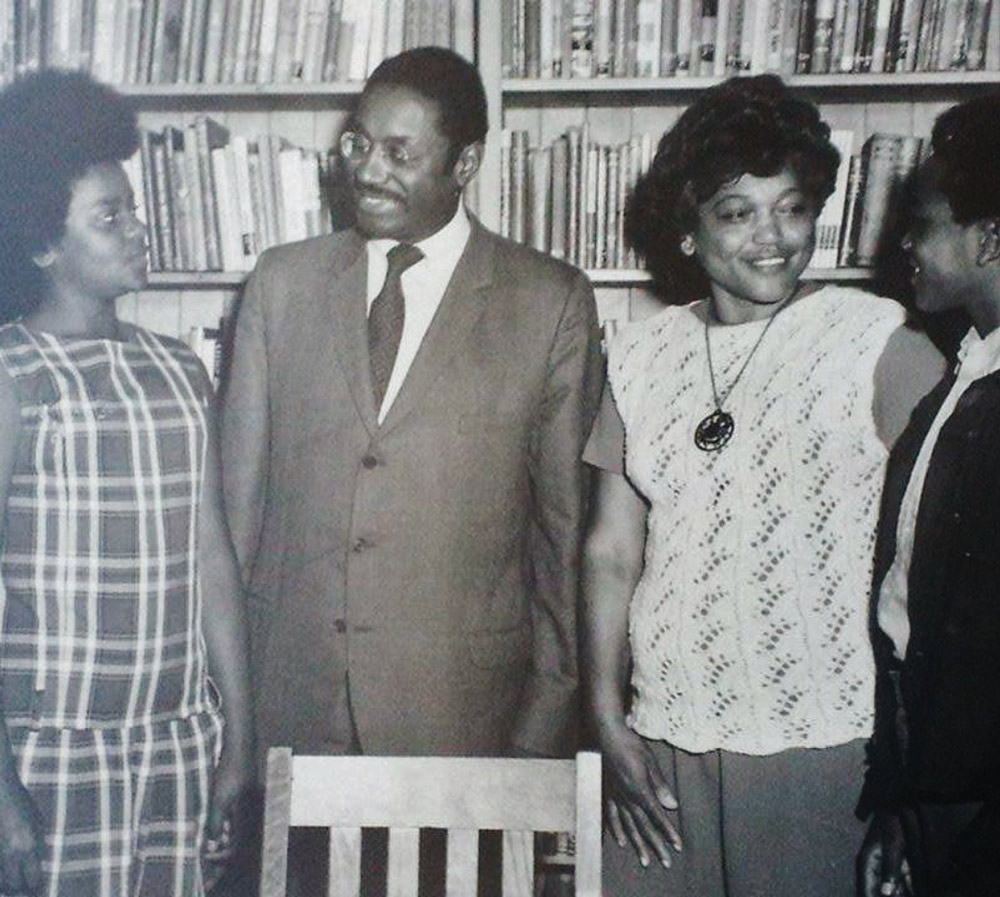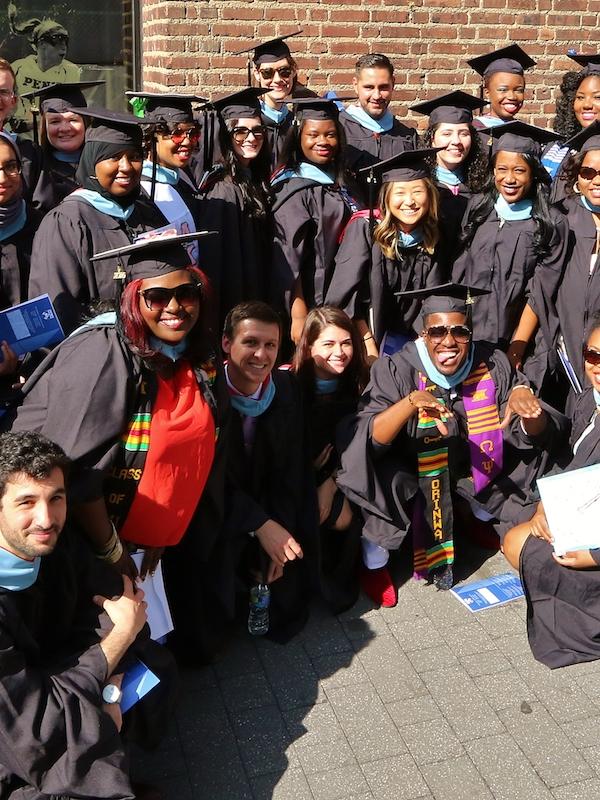Fostering Equity: Marcus Foster and the Scholarship that Honors Him

He was known for his “turnaround” of underperforming schools and the high expectations he had for his students, who came from under-resourced and minoritized backgrounds. In 1966, when he became the first Black principal of a Philadelphia senior high school, Gratz was infamous for its high levels of absenteeism and low graduation rates. Only 18 of the graduating seniors from the year before his arrival pursued higher education. By 1968—after expanding extracurricular programming, creating a night school for career development, establishing a nursing training program, and launching campaigns to re-enroll dropouts—180 graduates were college-bound.

“Foster focused on educating all children with rigorous curriculum and child-centered classrooms, making sure that we educators believed in every child’s ability and potential,” said Gary Yee, who began his teaching career in Oakland during Foster’s tenure as superintendent. “[He also] opened district doors for a significant cohort of administrators of color. As a young Asian American teacher, I gained role models who came from backgrounds like my own. Ten years later, I walked through those doors to become a site and district leader. I have humbly carried his message and encouragement for the 50 years I served in Oakland schools.”
Tragically, Foster was murdered leaving a school board meeting on November 6, 1973, by members of the extremist group the Symbionese Liberation Army. His legacy lives on, however, through the continued efforts to advance his vision of inclusive and equitable education and in the many scholarships—including one at Penn GSE—in his name.
Learn more about Marcus Foster and the scholarship that honors his legacy in the spring/summer 2024 issue of Penn GSE Magazine.




